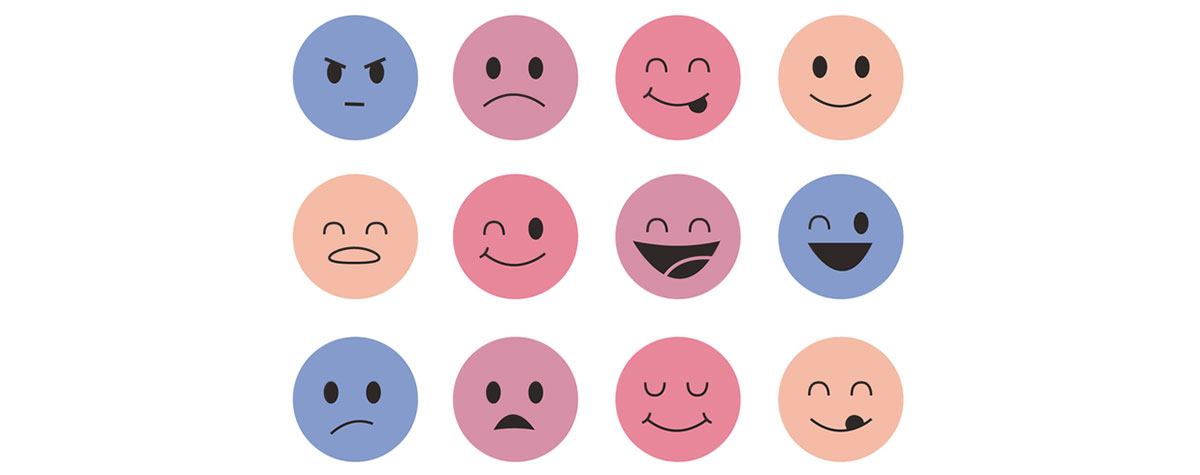Emojis are now keywords! Social media giant Twitter recently announced a new way for advertisers to target users. Companies will now be able to target ad campaigns based on people’s emoji usage. How do you feel about Twitter adding emojis to their tweeting platform?
You might be asking why this matters.
Picture this tweet:

Or this one:

With over 110 billion (you heard us right, billion) emojis tweeted since 2014, emoji rich tweets like these are a common sight. Traditional targeting isn’t very effective here. A phrase like “so ready for” wouldn’t attract much, and what it did target would be vague and inaccurate. Emoji keywords allow marketers to narrow in on their audience’s sentiments and wants. Now advertisers can know exactly what a “girls night” means to this user. With emoji keywords, Dominos can place an ad in this user’s feed, RedBox could send them a coupon and Franzia could request to follow them.
Not only do emoji keywords hone in on what a user wants, but they also allow marketers to gain a more complete view of a tweet. The phrase “we have some exciting news” alone doesn’t point advertisers to anything. Neither does the vague hashtag #ComingSoon. But with Twitter’s new targeting tool, potential advertisers can see the real meaning of this tweet, because Emoji keywords remove the blind spots. Now, Pampers and Gerber can target this user, instead of the Grand Cinemas or the New York Times
Want to explore more? Share your details to schedule a personalized demo with one of our product experts and experience our solution in action!

